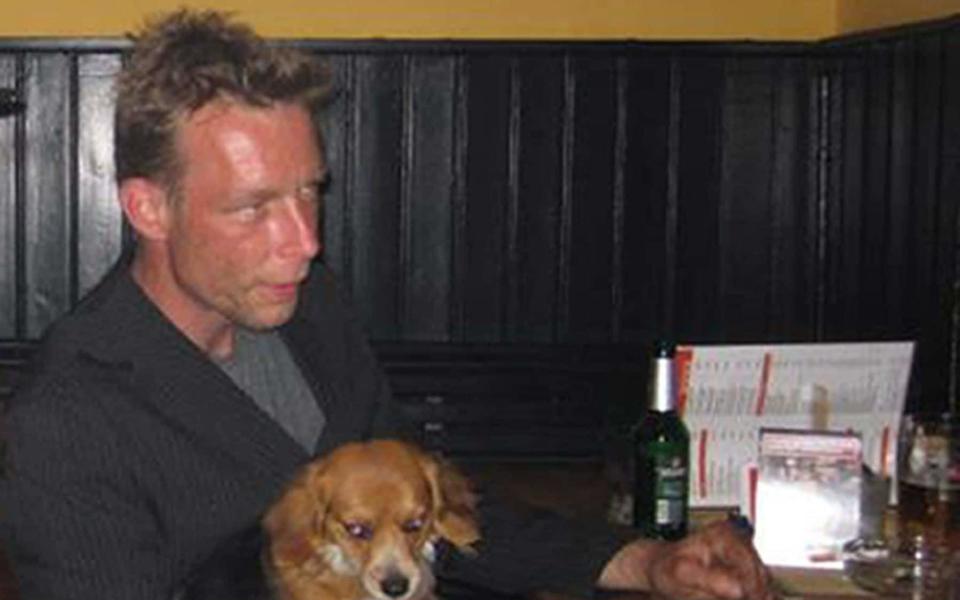Detectives hunt clues but are a long way from charging Madeleine McCann suspect

Christian Brückner, the new German suspect in the disappearance of Madeleine McCann, may be the most compelling lead in the case in 13 years. But there is still a long way to go before he faces prosecution.
So far the 43-year-old has not been charged in connection with Madeleine’s case. All that has happened is that German police and prosecutors have opened an investigation into his possible involvement, and appealed for anyone with information to come forward.
The next step will be for prosecutors to decide whether to bring charges. In most cases, Brückner would remain at liberty during this process, and prosecutors would face the real risk he could attempt to flee Germany before charges could be brought.
But in this case they have a little more time at their disposal, because Brückner is already serving a 15-month sentence for drug offences. He also faces a seven-year sentence for raping a 72-year-old woman in the same town where Maddie disappeared, if it is upheld on appeal. Brückner's appeal centres on the argument that his rape trial should have been dealt with by the Portuguese authorities. The matter has been referred to the European Court of Justice according to The Times.

If prosecutors decide to bring charges against Brückner, he will be formally arrested and brought before a judge, who must decide if there is a case to answer.
If he rules there is, Brückner can be held in pre-trial detention for up to six months before his case reaches the court, or longer in exceptional circumstances.
The likelihood is that he will be tried in Germany, although Portugal could make a claim as the country where the crime was committed.
In general, Germany does not extradite its own nationals as it is forbidden under the country’s constitution. The one exception is extradition to other European Union members, and Portugal could request Brückner’s extradition by issuing a European arrest warrant.
It is highly unlikely he will be tried in the UK. Trials are rarely held in the home country of a victim of crime abroad, and Germany has made clear it will not extradite its nationals to the UK following Brexit.
A German trial would be held under a very different legal system from the UK’s. There are no juries in Germany. Instead a serious case like this would be likely to be held before a panel of three to five judges.
There are no pleas in the German justice system: the accused do not have to plead guilty or not guilty. They are entitled to remain silent,, but can make a statement at the outset if they wish.
The German system is inquisitorial, with the judges leading questioning of witnesses. Prosecution and defence lawyers are also allowed to ask questions, but there is no formal cross-examination.
The judges will deliver both the verdict and the sentence. German prosecutors have said they believe Maddie is dead, and Brückner is currently being investigated on suspicion of murder.

If found guilty of murder, he would face a mandatory sentence of life imprisonment. He would become eligible for parole after 15 years but there would be no guarantee it would be granted.
German parole boards can and do refuse to release prisoners early, and in theory he could be held for life. If he were found guilty of the lesser offence of sexually abusing a child, he would face up to ten years in prison with the possibility of parole after serving two-thirds of his sentence.
If found guilty of causing death by sexual assault, the maxmium sentence is life imprisonment.
Even those who have served their complete sentences can be kept in prison in Germany if they are deemed a danger to society.
A court can order that they remain in “preventive detention” for an unlimited period.

